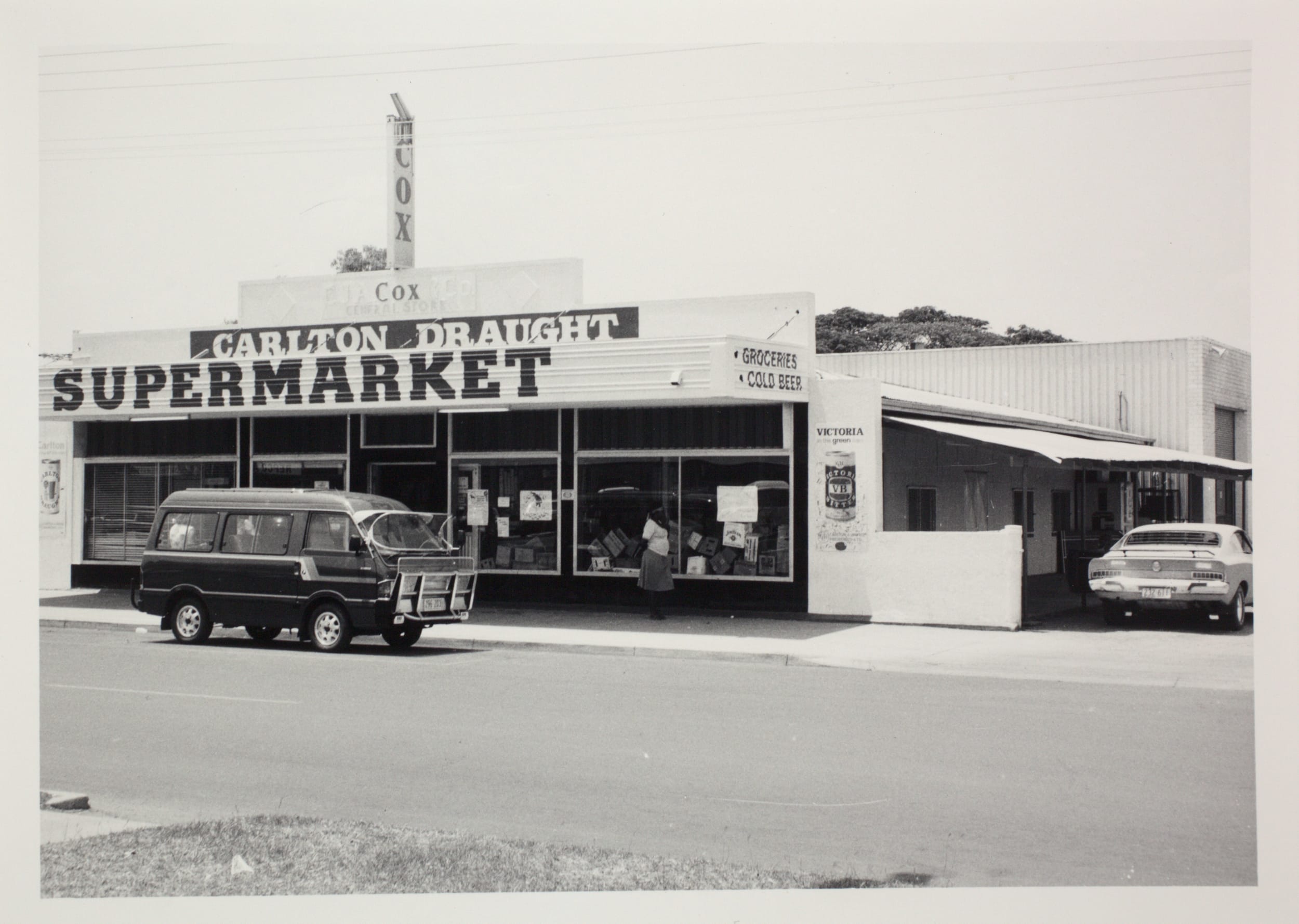
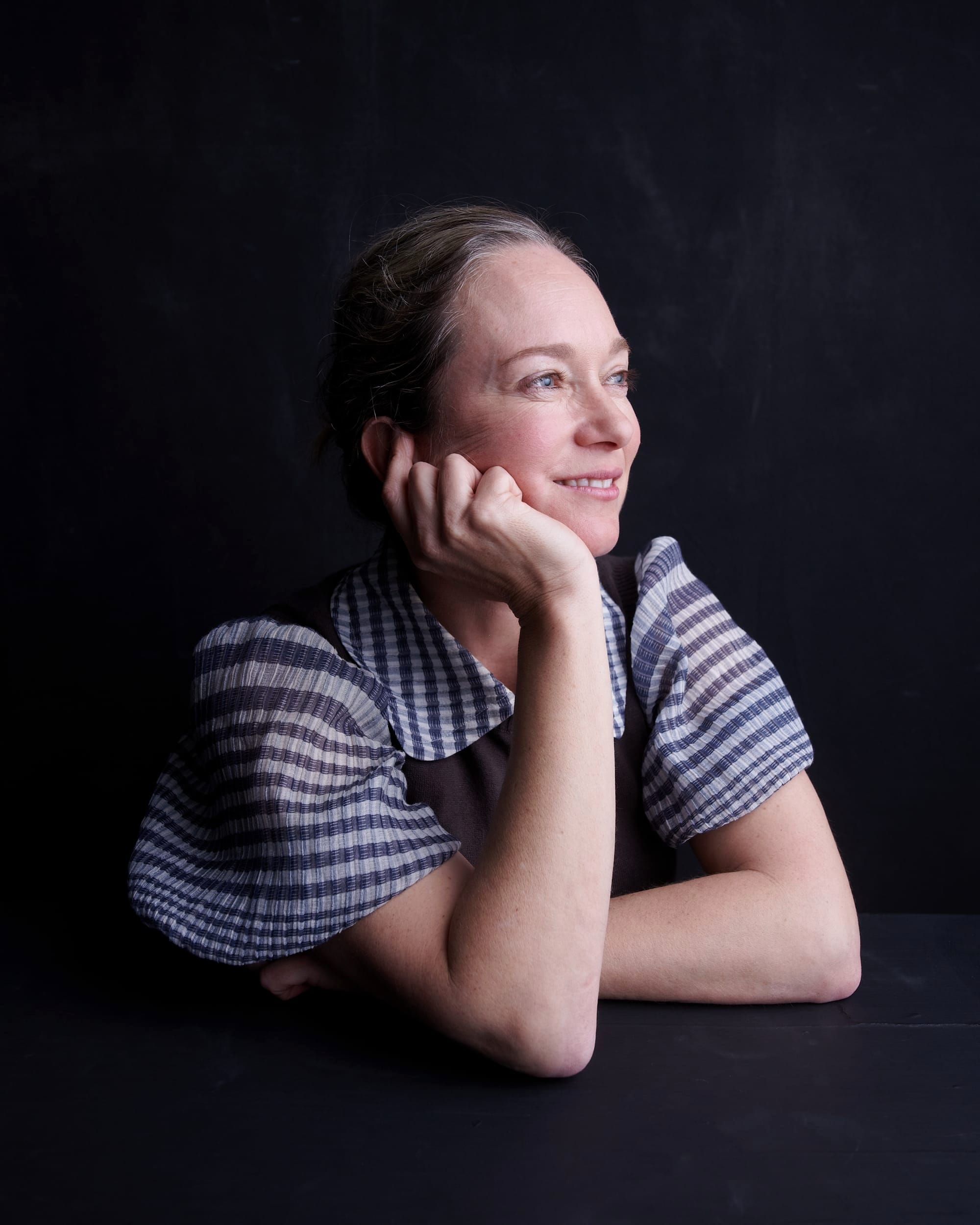
The People-Who-Live-Here Club, and an island house for sale. This is a fortnightly newsletter from Galah's editor Annabelle Hickson, made for our Galah paid subscribers. Although this week, we're sending it out to all Galahs, free and paid. Why not fling open the doors every once and a while?
A friend went to the chemist in her small town to buy a pregnancy test. The next day she had an appointment with the hairdresser next door. "And?" the hairdresser asked as she settled into the chair.
It took her a few moments – but only a few – to work out what the hairdresser was asking. "You have to be kidding me," she said.
Lack of anonymity in small-town life can feel stifling. If you're pregnant and not sure you want to be. If you're tired and want to buy milk without chit-chat. If you're an off-duty paramedic and someone calls you on your personal phone for help. If you want to go on a dating app that isn't full of your family or colleagues.
But lack of anonymity – being known by people who aren't family or friends – can have its advantages, too.
A friend signed up for the local tennis competition. The games were held on Tuesday and Wednesday nights. The organiser said, "I've put you down for Tuesday night this week because I saw you had a booking at the pub on Wednesday."
That kind of knowledge is quite useful, a shortcut through the bureaucracy of life. But I wonder if being known and knowing others in your community offers something much deeper than convenience.
In the latest issue of Galah I wrote a story about the community of Mungindi, a small farming town on the NSW-Queensland border.
On paper, Mungindi has plenty of reasons to have plenty of problems. It's a town of contrasts, with some of Australia's richest farmers living alongside socio-economic disadvantage. It's part of the Moree Plains local government area, which ranks the highest or second highest in NSW for domestic violence, assault, robbery, break-and-enter, car theft, stealing and malicious damage to property.
Yet both the local police and ambulance officers say that crime and drugs are much less of a relative problem in Mungindi than in Moree, the biggest town in the LGA, 90 minutes’ drive south-east along the Carnarvon Highway. There is a huge spread in the socio-demographics of Mungindi, but there is cohesion.
The central theory of the story is that Mungindi has been good at building and fostering human connections and that these connections help democracy work. One of the ways they did this was through a whacky musical adaptation of Shrek, where anyone who wanted to join got a part.
The process of interviewing the 40-strong cast and crew totally shifted my view on the lack of anonymity in small-town life, from being something you have to endure to being something we should cherish.
In 1993, political scientist Robert Putnam published a famous study based on 20 years of research in regional towns in Italy. He found the performance of governments was closely related to the vibrancy of associational life in each region. The more citizens actively participated in sports clubs, book clubs, choirs, service groups and choral societies, the more regional governments were "efficient in their internal operation, creative in their policy initiatives and effective in implementing those initiatives". His study found that social capital plays a vital role in how communities function and has significant implications for economic development, political participation, and overall social well-being.
If you move to a small town, you're granted instant membership to the people-who-live-here club. The club's unofficial HQ is the local supermarket, where you'll always see someone. Often, many.
While liking someone is conditional on, well, liking them, the people-who-live-here club is not conditional on anything as subjective as that. Its sorting hat is determined not by character or interests or income or education, but simply by geography. There's a lot of diversity in that hat.
Anonymity goes out the window, but it's replaced by the opportunity to connect with all the other people who call the same place home.
It's up to each of us how meaningful these relationships can be. It's up to us how much time we're willing to invest, how many actual clubs we will join, how much we'll extend ourselves beyond the group of people we already know and like. But the invitation, just like the supermarket, is always there.
If you’re in the market for health insurance that’s a little closer to home, or built on values similar to your own, you can’t go past Westfund – health insurance from a healthier place. Based in Lithgow, NSW, and available Australia-wide, Westfund is more than a health fund. It's a not-for-profit organisation building a new kind of healthcare for collective good.
Join Westfund on eligible Combined Hospital and Extras cover by 31 December 2024 and get one month FREE cover. Use promo code GALAH24. New memberships only. T&Cs apply. Learn more here.
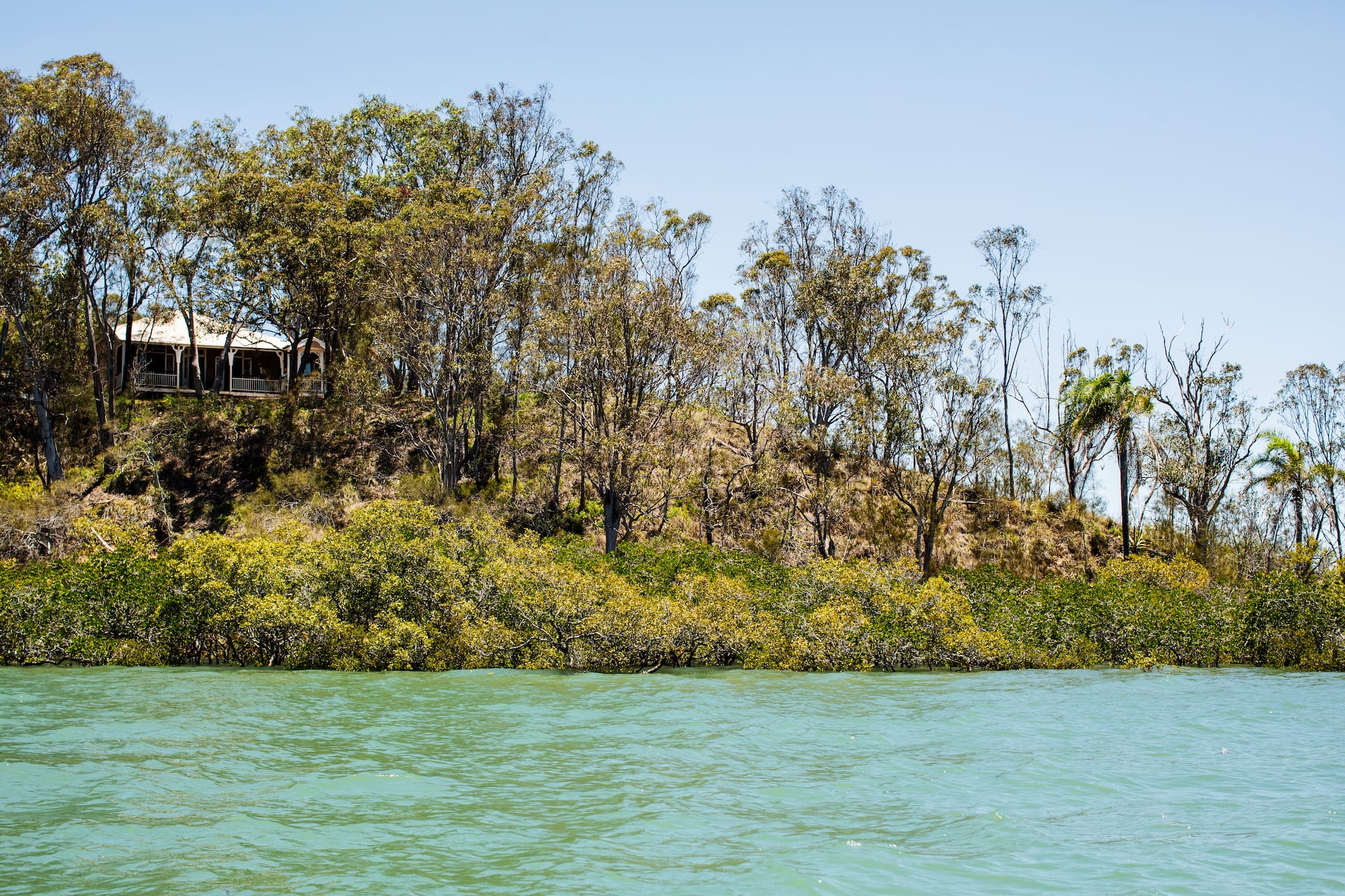
In the next issue of Galah (it'll be out in July) we are publishing a story with the working title "The House that Floated Away". The house arrived by boat on Lamb Island, Queensland, where it was put back together and restored by owners Anna and Andrew Swain.
Photographer Kara Rosenlund also arrived by boat, from nearby North Stradbroke Island, to take the photos for the story. I can't wait to see it come together on the page, but I need to give you an early viewing today because the Swains have decided to put the house on the market. Their adult children have moved overseas, and they are looking for a house on a Greek island. I feel in my bones that a Galah reader needs to buy this beautiful house from these beautiful people. GO FORTH DEAR GALAHS and do let me know if you end up buying it.
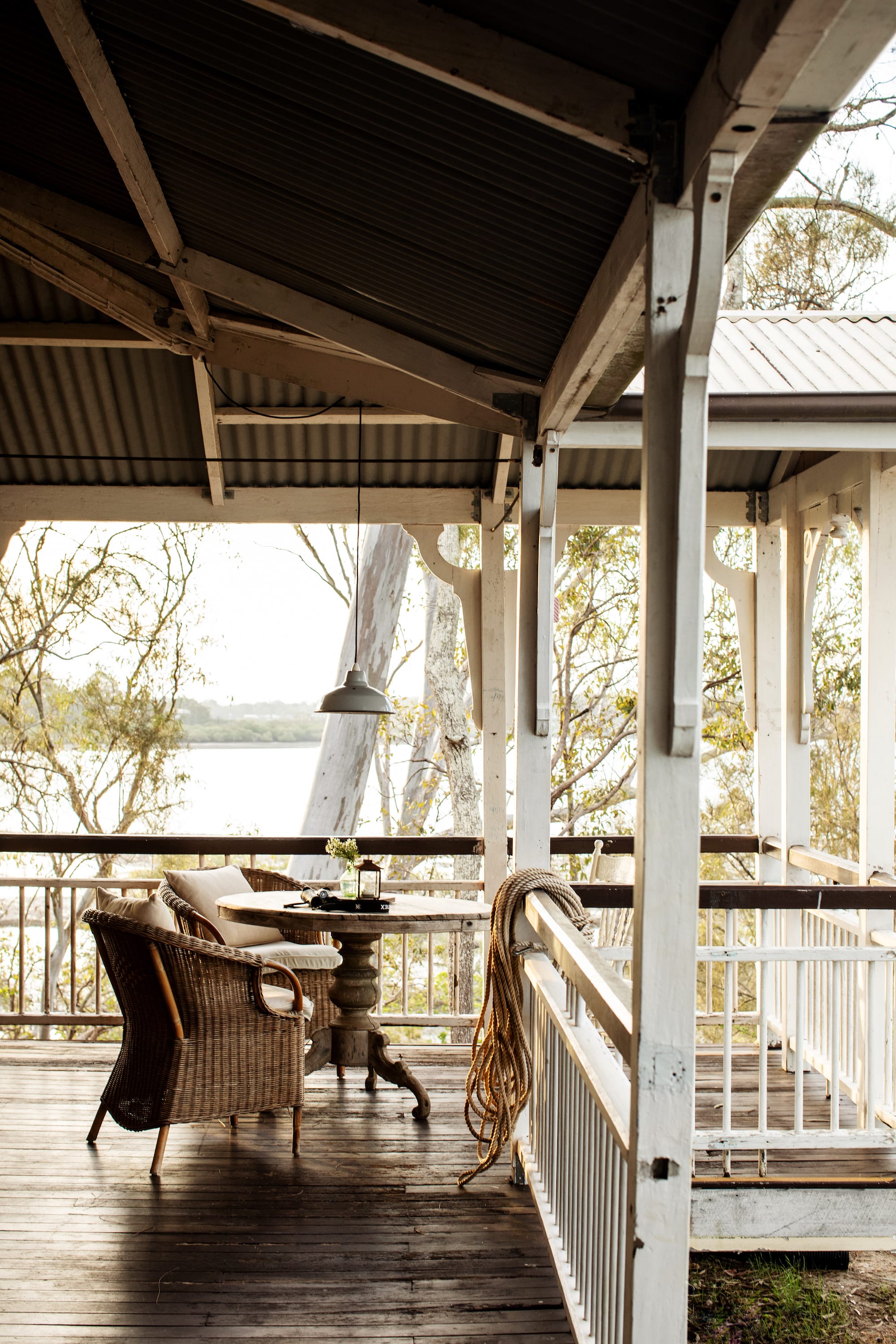
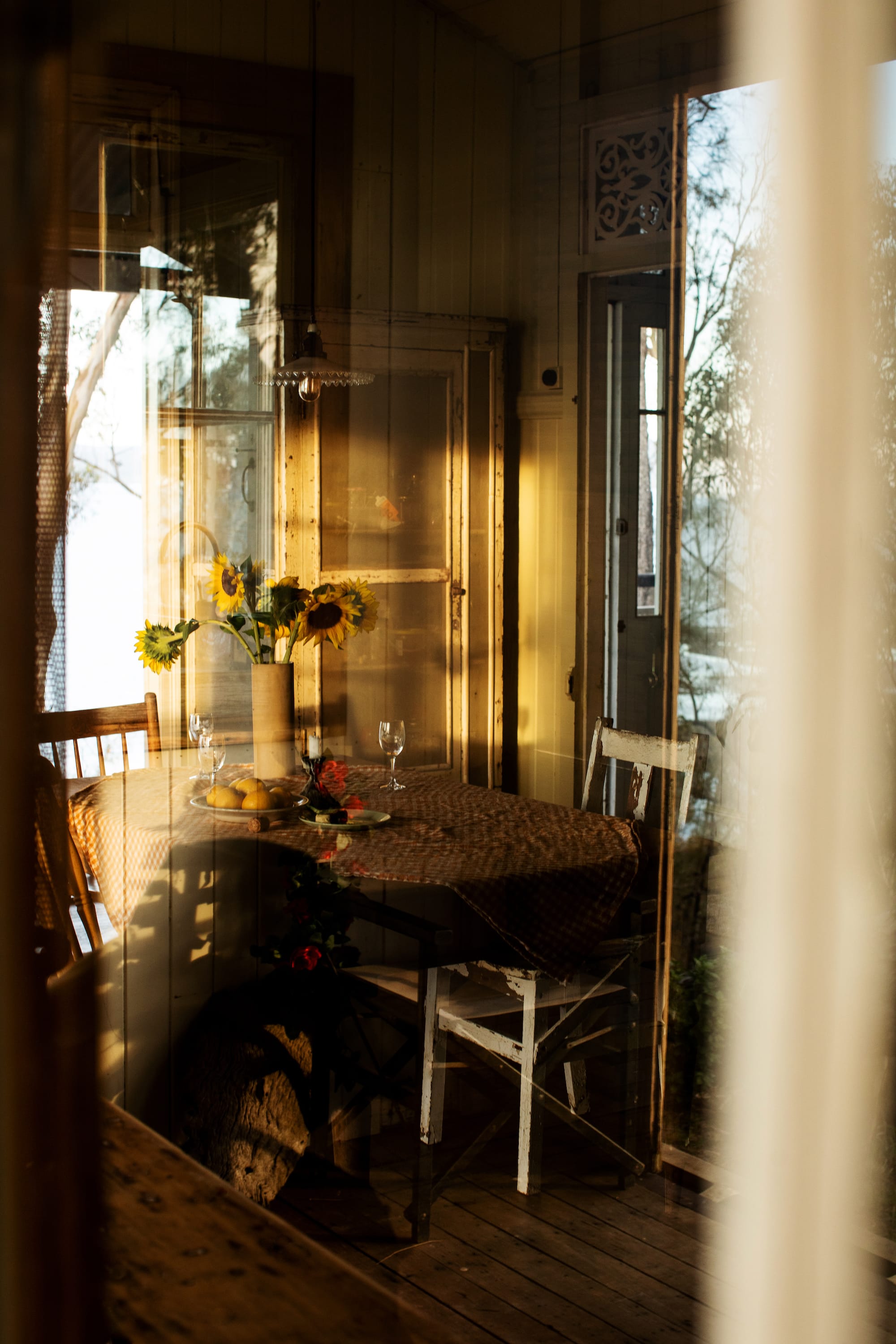
Photography by Kara Rosenlund for Galah Issue 10.
"I believe Kierkegaard was correct when he claimed that we misunderstand repetition in the modern world. We fear that it leads to boredom. Yet the most powerful sources of happiness in our life will actually be the result of repetition—in family or vocational relationships, for example. Ritual is how we cultivate this deepened type of repetition."
Ted Gioia from How to Break Free from Dopamine Culture